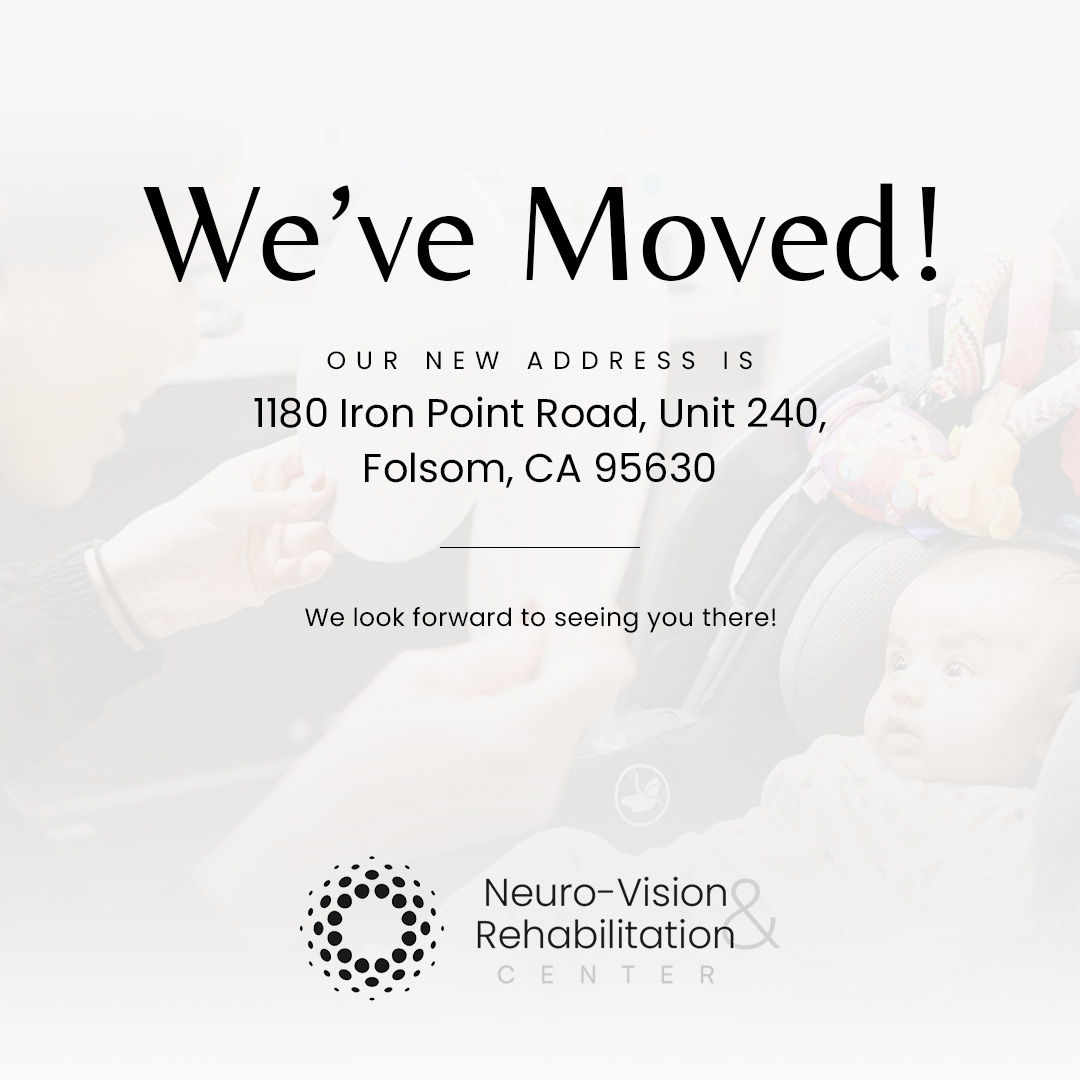
Your child's vision is a key aspect of their overall development. But what happens when they encounter vision problems? Vision is more than just seeing clearly; it's about interpreting and understanding the visual information that the world presents. This is especially crucial in childhood, where learning and development heavily rely on visual stimuli.
Common Vision Problems in Children
Common vision problems in children can range from refractive errors, such as nearsightedness, farsightedness, and astigmatism, to more severe conditions like lazy eye (amblyopia), crossed eyes (strabismus), and color blindness.
Nearsightedness, or myopia, is a condition where objects far away appear blurred, whereas farsightedness, or hyperopia, is when close objects are difficult to see clearly. Both are refractive errors caused by the shape of the eye that prevents light from focusing correctly on the retina. Astigmatism is a condition that distorts the vision due to an irregularly shaped cornea or lens.
On the other hand, lazy eye and crossed eyes are binocular vision problems. In lazy eye, one eye is weaker than the other, leading to the brain favoring the stronger eye. Crossed eyes is a condition where the eyes do not align correctly, causing them to look in different directions. Lastly, color blindness is a genetic condition that affects the ability to distinguish certain colors.
The Impact of Vision Problems on Learning and Development
Children and vision problems can be a challenging combination. Vision problems can have a profound impact on a child's learning and development. Typically, 80% of what children learn in school is presented visually. Therefore, any vision problem can hinder their academic progress.
Not only academics, but vision problems can also have an impact on a child's social and physical development. Children may find it challenging to participate in sports and other recreational activities due to poor vision. Similarly, they may struggle to interact with their peers, leading to feelings of isolation and low self-esteem.
How Developmental Vision Evaluations Can Help
Developmental vision evaluations take a comprehensive approach to assess children's vision. Unlike routine eye exams that primarily focus on clarity of sight, these evaluations look at how well the eyes work together and how effectively the brain processes visual information - crucial factors for learning and development.
These evaluations can identify problems with visual skills such as tracking, focusing, and eye teaming. Addressing these issues can improve a child's visual efficiency, enhancing their academic performance and overall quality of life.
Developmental vision evaluations can also help devise an individualized treatment plan that may include vision therapy, or special lenses. This personalized approach ensures that your child gets the most appropriate care for their specific vision needs.
Conclusion
Children and vision are intertwined in complex ways. Vision plays a pivotal role in a child's learning and development, and common vision problems can significantly impede this process. Developmental vision evaluations can help detect and address these issues early, ensuring that your child's vision does not stand in the way of their growth and potential.
If your child is showing signs or symptoms of vision problems, schedule a developmental vision evaluation with our professionals at Neuro-Vision & Rehabilitation Center in our Folsom, California, office. Please call (279) 321-9059 to book an appointment today.












